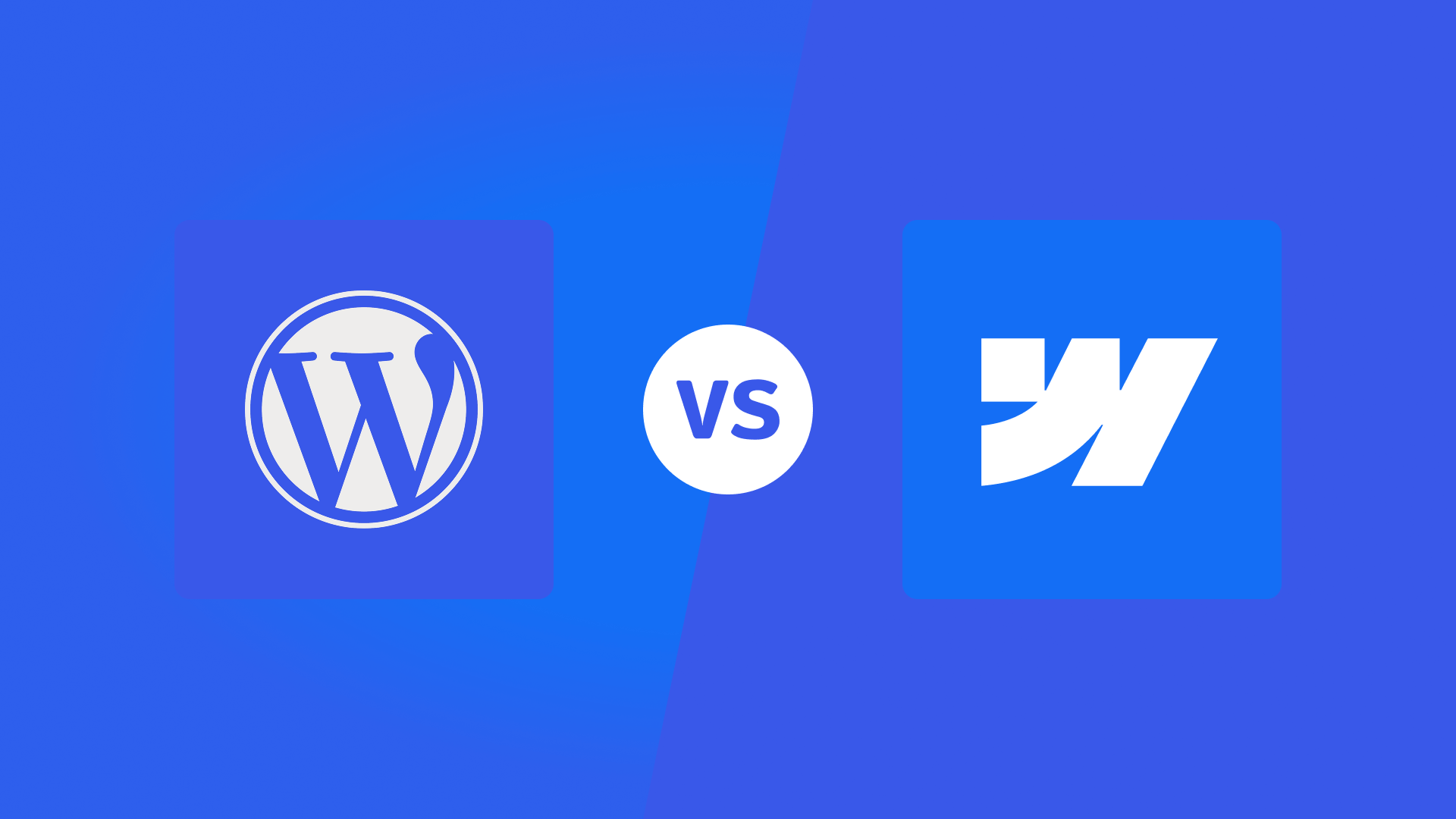1. You'll be more visible for the same money
When times are tough, it's common for companies to strangle their advertising. This means less competition for attention and you can be seen more for the same budget. Costs for paid advertising simply become less and it becomes easier to stand out in the crowd as the noise of advertisers is less.
Examples: Imagine that you are advertising on LinkedIn or Meta. When others pause, competition in ad auctions drops -- pushing down CPM, CPC and CPA. Suddenly, your budget will last longer and produce more impact.
Read more about this in Meta Business Insights.
Binet & Field, IPA (2008) “Their studies show that companies that increase their “share of voice” during a recession gain “market share” in the long run.
2. You build long-term growth and brand awareness
Marketing isn't just about the here and now, it's about building brand awareness over time. Companies that are visible continuously establish a stronger brand that pays off when customers regain their desire to buy.
Examples: During the 2008 financial crisis, Amazon chose to continue investing in both marketing and development. The result? A 28% increase in sales, while many competitors backed down.
Read more about Amazon's strategy in their 2008 annual report.
Srinivasan, Rangaswamy & Lilien (2005), Journal of Business Research “Companies that increased their marketing budgets during the recession showed stronger profitability over time.
3. You will be remembered by customers
As people worry about the economy and the future, it becomes more important than ever to recognize the brands that remain standing.
Examples: During the pandemic, ICA chose to show concern rather than sell. The campaign “Together we are ICA” focused on responsibility and community — something that cemented their role as a safe everyday partner.
Resumé & Dagens Media wrote several articles in 2020 about ICA's strategy of not reducing visibility but adapting the message.
Quelch & Jocz, Harvard Business Review (2009) “Communicating through crises builds relationships that last when the economy turns.
4. You can take more market share
Do you appear when others disappear, increasing your share of attention and thus your chance of being elected. When others fall silent, there is a chance to stand out and take a seat. Both in the media space and mentally in the minds of customers.
Examples: When competitors backed off during the 1980s recession, Toyota chose to throttle. They increased their advertising in the United States and laid the foundation for their strong position in the market for decades to come.
McGraw-Hill Research (1986) “Companies that maintained or increased their marketing during the recession saw a 256% increase in sales three years later compared to those that reduced their visibility.
5. Pausing can be expensive
Disappearing, even temporarily, can have bigger consequences than many people think. Mental availability, that the customer remembers you and has your brand top-of-mind when choosing, drops quickly when you're not visible. The cost of building it back up can be more expensive than maintaining a steady budget and a steady stream of activities.
Examples: When McDonald's in Canada reduced their TV advertising during the 90s, their brand awareness dropped markedly. At the same time, competition Wendy's increased its visibility and strengthened its position.
Read more about it in How Brands Grow by Byron Sharp.
The recession is not a signal to slow, it is an opportunity to be heard smarter. Those companies that dare to communicate with the right tone and timing, build something that stands up even when the sun shines again.




